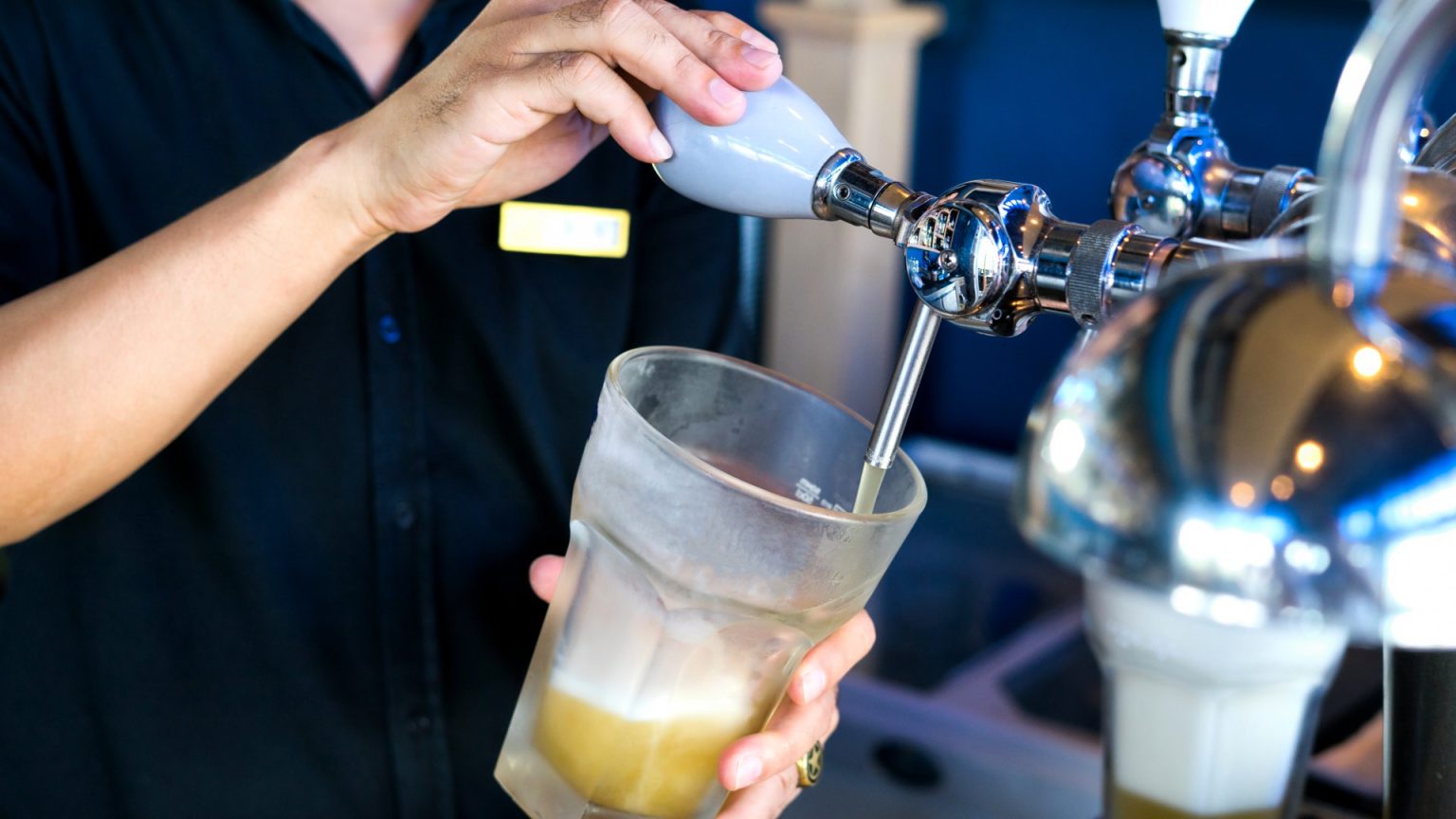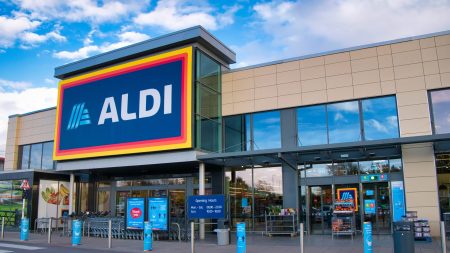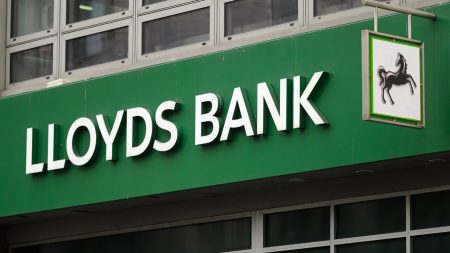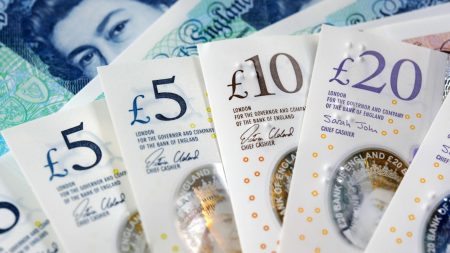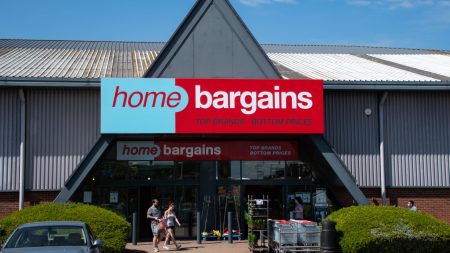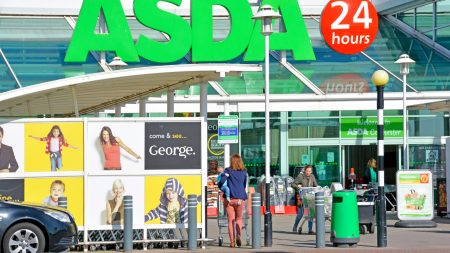The UK’s alcohol industry is bracing for a “perfect storm” of regulatory changes that threaten to significantly increase the price of alcoholic beverages for consumers. These changes, encompassing alcohol duty increases, a new tax on packaging, and rising National Insurance contributions for employers, are converging to create a challenging environment for businesses and potentially higher bills for drinkers.
The first major change relates to alcohol duty, a tax levied on drinks exceeding 1.2% ABV. While typically adjusted annually in line with inflation, duty was frozen two years ago and is now set to rise in February 2025. This delayed increase is expected to lead to substantial price hikes as producers pass on the increased costs to consumers. The Wine and Spirit Trade Association has warned of a “never-ending assault” on the industry, predicting a considerable rise in the cost of wine and spirits. This is exemplified by the anticipated increase in duty on a bottle of wine (14.5% ABV) from £2.67 to £3.21. Brewers are also feeling the pressure, with Heineken announcing a nearly 3% increase in the wholesale price of its draught beers, a cost likely to be passed on to pub-goers.
Further compounding the issue is the introduction of the extended producer responsibility (EPR) scheme for packaging in April 2025. This legislation aims to shift the responsibility for recycling costs from local councils to the companies producing the packaging. The scheme is designed to incentivize reduced packaging waste and improved recycling quality, but it’s expected to disproportionately impact products sold in glass bottles due to their weight. The tax, based on weight, could add over 10p to the cost of glass-packaged beverages like wine, spirits, and beer, further contributing to price increases for consumers.
Adding to the financial strain on the hospitality sector are increases in National Insurance Contributions (NICs). The Labour Chancellor’s recent budget announcement included a reduction in the threshold at which businesses begin paying NICs, along with an increase in the overall rate. This move, estimated to generate £25 billion in revenue, translates to an approximate £800 increase in costs per employee for businesses. This increased financial burden, combined with rising minimum wage rates, is putting significant pressure on pubs and restaurants, many of which are still recovering from the pandemic’s economic impact. Industry leaders warn that these combined pressures could force businesses to raise prices to offset the increased costs, impacting consumer affordability.
The confluence of these factors – rising alcohol duty, the new packaging tax, and increased NICs – poses a significant challenge to the hospitality sector. Pubs and restaurants are already grappling with rising operating costs, including energy prices and supply chain disruptions, and these new measures threaten to exacerbate the situation. Industry representatives are expressing concern about the cumulative impact of these changes, warning of potential job losses and business closures if the government doesn’t provide support.
The British Beer and Pub Association has warned that the combination of these measures could result in a £650 million loss for the hospitality sector. They argue that pubs and breweries are vital contributors to the economy and employment, and that these added costs could jeopardize their viability. The concern is that the increased costs will inevitably be passed down to consumers, leading to higher prices for alcoholic beverages and potentially reduced footfall in pubs and restaurants, further impacting the industry’s recovery.
The government’s rationale behind these changes is multifaceted. The increase in alcohol duty is aimed at generating revenue and potentially addressing public health concerns related to alcohol consumption. The packaging tax is designed to promote environmental sustainability by incentivizing reduced packaging and improved recycling rates. The NICs increase is intended to fund public services and address the fiscal deficit. However, industry leaders argue that the cumulative impact of these measures could have unintended negative consequences for the hospitality sector, ultimately impacting consumers and the broader economy. The debate continues on how to balance the need for revenue generation and environmental protection with the potential impact on businesses and consumer affordability.





